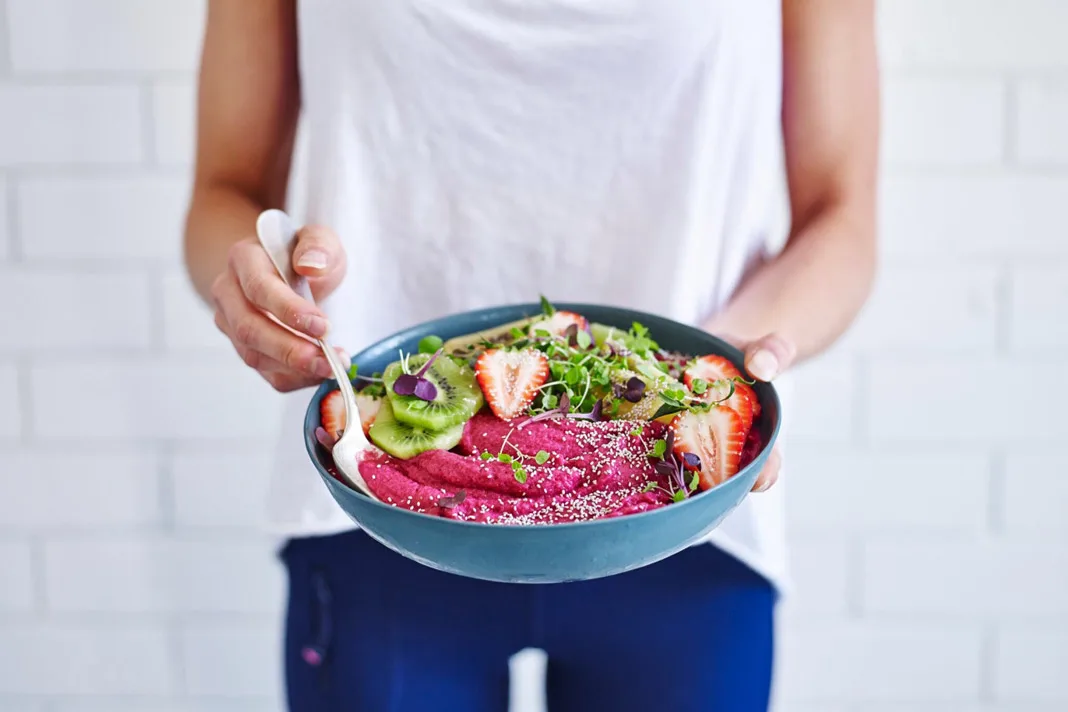Dr. Michelle Braude reveals the six most common weight-loss mistakes & how to fix them
Words Dr. Michelle Braude
You seem to be doing everything “right” – cutting out junk food, eating salad all day, snacking on nuts or celery sticks, but just don’t seem to be seeing the results you want. Here are some of the most common dieting mistakes I encounter and my tips for making the simple changes you need to finally shed those pounds.1. Allowing yourself to get hungry
You might think you’re being virtuous by skipping meals – but think again. When you’re ravenous two things happen: first, anything and everything looks and tastes delicious, and second, it takes a LOT more food to feel satisfied. As a result, you end up eating a lot more unhealthy food. The solution? Eat small, healthy snacks between meals – these will help keep your blood sugar stable and your metabolism going strong. Snacks should be 200 calories or less and a combination of fibre, healthy fats and protein. Good options are a portion of nuts, seeds & dried fruit, an apple and a tablespoon of peanut butter, or whole-grain crackers with hummus.
2. Distorting your portions
It is essential to understand that “healthy” does NOT equate with “not fattening”. Even if you consume only healthy foods such as nuts, hummus, avocado, olive oil and dark chocolate, you still have to watch your portion sizes. Whilst there’s definitely benefit in consuming a little olive oil, if you pour it liberally over your pasta and dip your bread in it, it will lead to excessive calories and weight gain. The same goes for nuts – learn what a normal serving size looks like (it’s very easy to eat the whole big bag!) and limit yourself to that.
3. Mindless munching
Whether it’s tasting while you cook (cookie dough doesn’t count as eating – right?) or nibbling leftovers from your kids’ dinner, every bite adds up. If you find yourself mindlessly eating throughout the day, try keeping a food diary for a few days (at least 3) to bring back your awareness of what you consume. This will allow you, or a qualified nutritionist, to analyse and identify where your eating habits could do with some improving.
4. Avoiding carbs like the plague
Cutting out carbs completely might lead to weight loss at first, but it’s not sustainable – you’ll end up tired, lethargic and irritable – you will also pile on the pounds the minute you start eating “normally” again. Although cutting out all starchy foods is a diet disaster, when eating them you must stick to the rights ones! These include whole-grain unrefined carbohydrates such as: whole-grain or rye bread, quinoa, whole-wheat pasta, brown rice, sweet potatoes and oats. These are great sources of fibre and full many of other essential nutrients.
5. Trying to go “fat-free”
You need some good fats to burn fat. This means eating healthy unsaturated fats found in nuts, seeds, peanut butter, avocado, olive oil and other healthy oils. These fats are super-healthy, add satiety to food and so should be included in your daily diet, as they are proven to lower the risk of heart disease and aid the body’s absorption of vitamins and minerals. In their absence we tend to reach for sweet and starchy foods, so incorporating good fats into your diet will help reduce sugar cravings, increase energy levels and keep you fuller for longer.
7. Getting despondent
… and giving up! Expecting to see fast and drastic results is unhelpful and may sabotage your efforts. Don’t get obsessed by the number on the scale – it’s really not everything. There are other (and perhaps more important) ways to track your progress, such as how your clothes fit, how you look and feel, your energy levels, mood and stamina, your waist circumference and body fat percentage. Making sustainable changes to your diet and lifestyle can be a slow process, so it can take several weeks to achieve noticeable results. Be patient and stick with your new healthy habits – your body will only benefit from all the changes you make.
Dr. Michelle Braude is founder of The Food Effect. For more info visit us on Twitter, Instagram or Facebook.
Image courtesy of: greatfatlossresources.com







